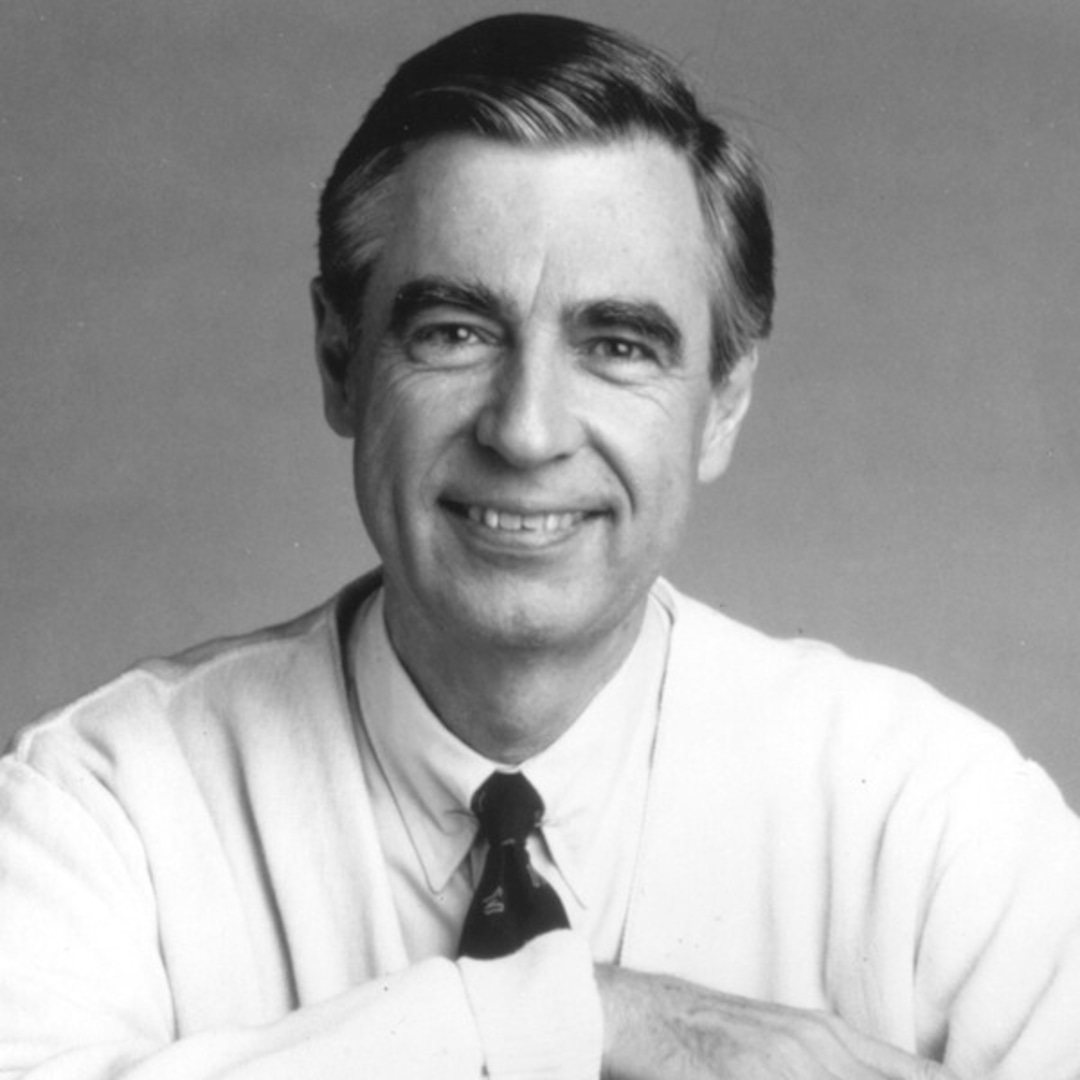
But while Rogers’ words were of comfort, his image still hadn’t become that of icon, as Neville recalled during that The Envelope Live chat. “For the past number of decades, he’s kind of the quintessential cultural punchline, and if you look at how he’s mentioned, it’s often as a punchline and he’s kind of this two-dimensional milquetoast character,” the director told the crowd. “Like most people, I did not think about him for decades [after watching his show], and if I did, it’s because I was making fun of him too.”
But when he watched one of the many commencement addresses given by Rogers over the course of his storied career, a switch flipped. “It was late at night and I watched it,” he recalled, “and at the end of it, I was like, ‘Oh, my God, this is the voice I’m missing. Nobody is advocating for these things.'”
And those things he was advocating for? They’ve never felt more vital. During the course of Mister Rogers’ Neighborhood, Rogers’ mission to make sure that each and every child watching knew, just as Grandpa McFeely made sure he knew all those years before, how special they were faced, at times, criticism that it was instilling an inflated sense of self-importance in the youth. But always, always, in his next breath, he reminded children that their neighbor was special too.
Be the first to comment